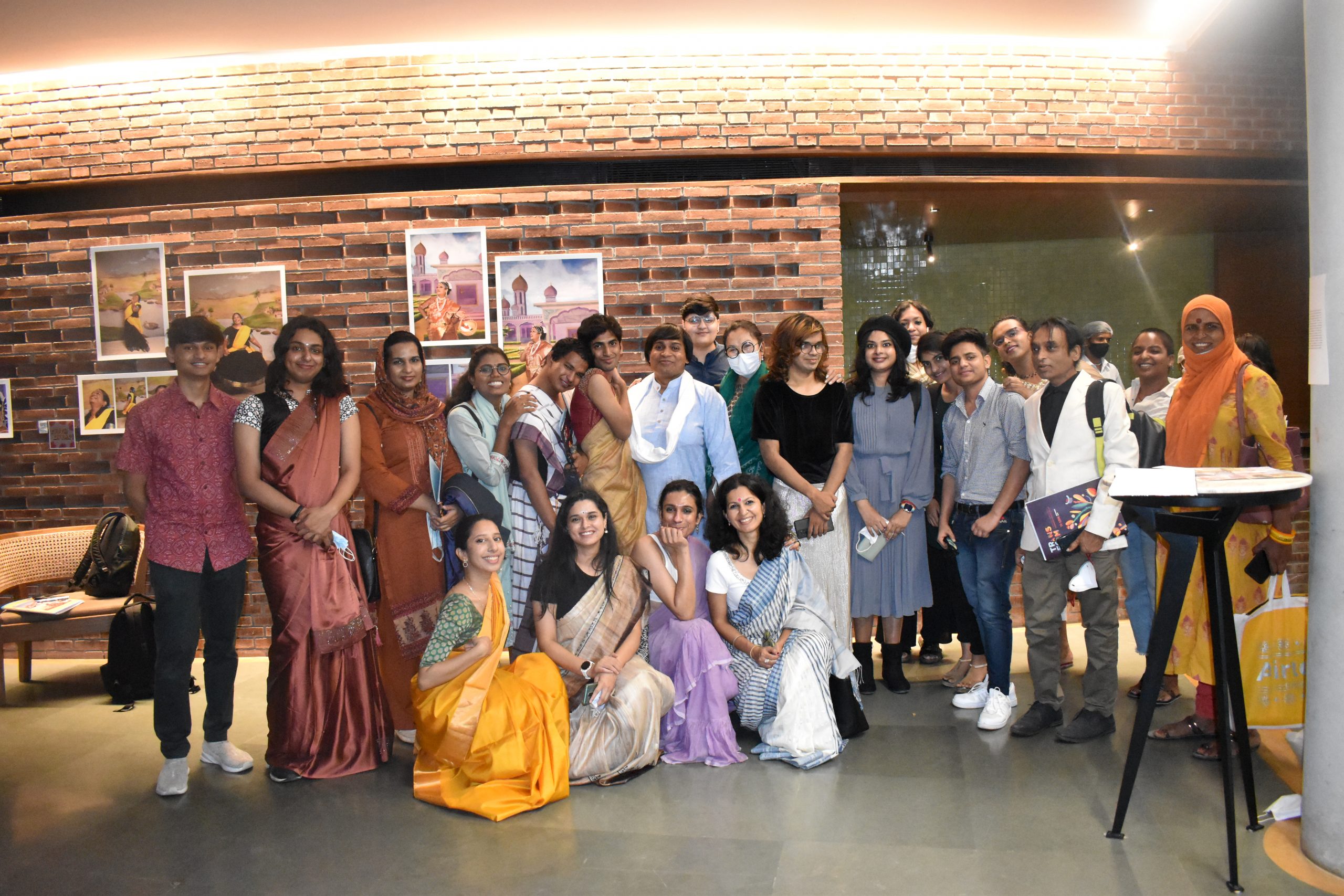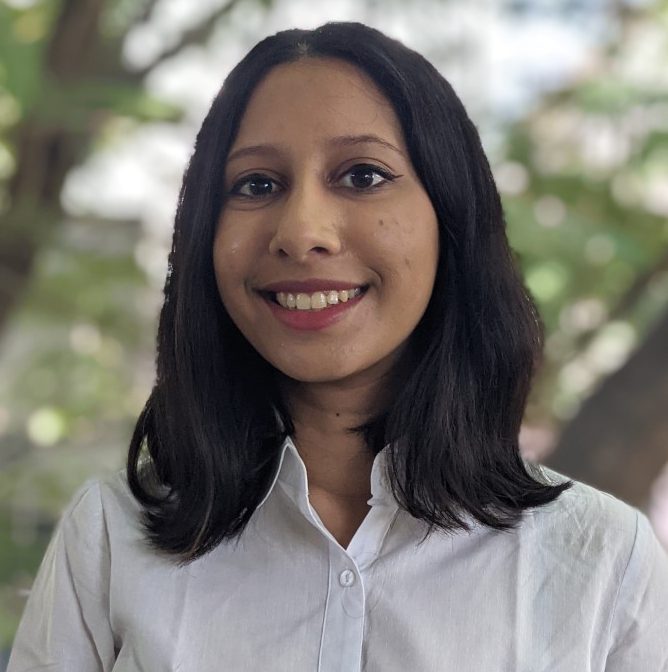
On 11th and 12th December, CLPR organised Transform 2021, the 5th National Conference on Transgender Rights and the Law. It brought together transgender rights activists, academics and lawyers from across the country to discuss pressing issues that affect the transgender community.
Through TransForm, CLPR aims to highlight the existing barriers and discrimination faced by transgender persons in access to legal and constitutional rights. This year, the conference focused on the re-emergence of conversations on the assertion of rights and dignity of transgender and non-binary persons in a world trying to rebuild itself after the COVID-19 pandemic.
The first Roundtable had Christy Nag, Kanmani Ray and Randhoni Lairikyengbam discussing the topic “Access, Equality and Trans Inclusion in Education”. The speakers raised the issue of non-inclusive educational spaces and the challenges in advocating for change in the education system that maintains the ‘normal.’ Christy highlighted the colonial approach to education and how her organisation, Prayatna, is exploring the concept of Akhras to educate the youth during the pandemic. Kanmani examined the inclusivity of legal education, which sets the path for transgender persons in law. Unless transgender persons are part of law, the law will not protect their rights. Randhoni presented her work with the advocacy organisation SAATHI, and her experiences in advocating trans-inclusive curriculum to various school administrations, state governments, teachers and students.
The second Roundtable was titled “The Demand for Transgender Rights and Democracy”, moderated by Vikramaditya Sahai. The conversations were spearheaded by speakers Kris Chudawala, Dr. Pushpesh Kumar, Kunal Ambasta and Sayan Bhattacharya. Kris discussed the pros and cons of community organisation among transgender persons and negotiations with the State, which sees them as an “exception”, to find their space. Dr. Pushpesh’s paper placed transgender persons within the larger LGBTQIA+ movement that can often overlook class positions. Kunal discussed the norms brought by criminal law and its corresponding gatekeeping function and contrasted the invisibility and hypervisibility of transgender persons under law. Sayan discussed the necessity of including elderly transgender persons in discussions on transgender rights. The panel discussion touched upon the State’s interactions with trans identities in various contexts- the criminal law, kinship, care, queerness and nationalism.
The third Roundtable on “The Right to Love- The Use of Criminal Law to Police Trans Couples”, moderated by Arvind Narrain, had the speakers – Vyjayanti Vasanta Mogli, Kishu Bhati, and Umi – speaking from lived experiences of themselves and those around them. Kishu started off the panel by describing the police harassment he faced when he tried to leave home with his girlfriend. Vyjayanti highlighted the links between leaving the home of your own will, victims of trafficking, and how the two can be conflated by the police and its impact on future relationships. Umi discussed the systemic oppression of transgender persons which rarely allows them the freedom of choice and the freedom to love. The panel critiqued the law’s approach to handling transgender love and the need for sensitising the police to transgender concerns.
The fourth Roundtable was moderated by Jayna Kothari, wherein the speakers, Dr. Aqsa Shaikh, Vihaan Peethambar, and Dr. Aparna Chandra, discussed the topic “Reproductive Justice and Transgender Rights”. Dr. Aqsa discussed the medical gaze and how it reduces transgender persons’ sexuality to their body parts. It assumes promiscuity among gender and sexual minorities, which affects their medical treatments, including treatment of transgender HIV patients. Regarding reproduction, she expressed the lack of trans-inclusive medical discussion. Vihaan spoke of his personal experience with hospitals and medical professionals and the lack of awareness about trans-men giving birth. Dr. Aparna opined that affirmative steps are required to rectify the existing reproductive laws which place the burden on women. This Roundtable explored the exclusionary nature of the healthcare system and how it prevents transgender persons from exercising their sexual and reproductive rights.
Lastly, in the fifth Roundtable, Anindya Hajra, Adam Harry, and Anubhuti Banerjee discussed “Transgender Rights and Gender at Work”, moderated by Grace Banu. Adam recounted his personal experience as a trans-man trying to find work and the difficulties it entailed, despite the outward appearance of the government being trans-friendly. Anindya’s speech focused on the labour force and the unregulated sector. She stated that the only way forward is through the collective bargaining of the trans community. Anubhuti emphasized enabling leadership among transgender persons in corporate spaces. The panelists discussed how transgender identities can thrive under existing workplace policies and laws and the way forward.
The event was a great success and witnessed wide audience participation. The conference this year widened the topics of discussion and brought the pioneers in the relevant fields to lead these discussions. It delved deeper into issues, encouraging participants and the audience, both in-person and online, to broaden their thinking and understanding of transgender rights and the law in India.

